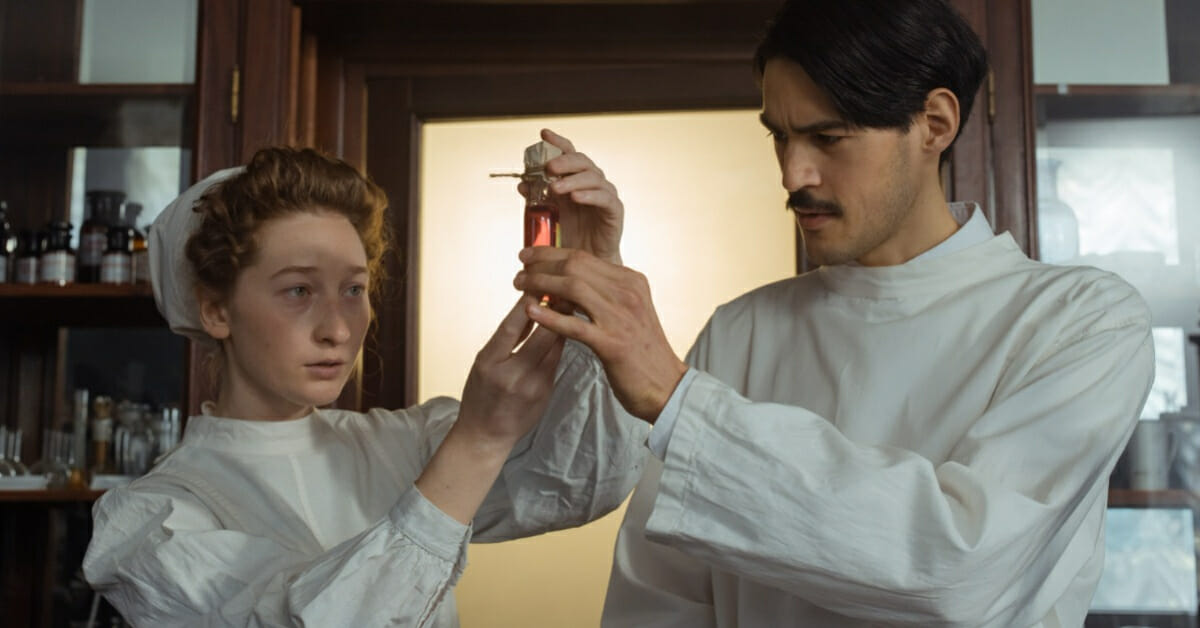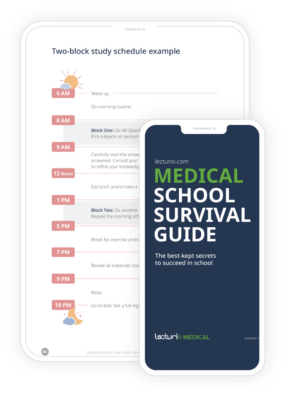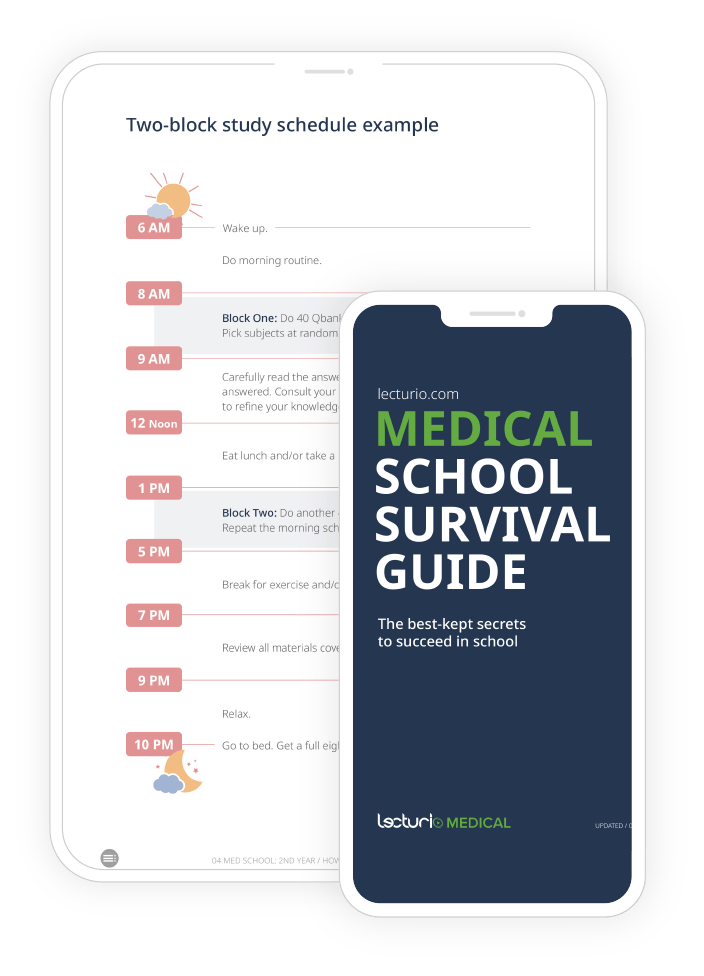In fact, many people become interested in medicine after they’ve watched shows like Grey’s Anatomy, The Good Doctor, or other medical dramas out there. Of course, it’s hard to talk about medicine in shows and movies and still make it understandable for viewers. So, it makes sense that the media doesn’t always portray the medical profession in the most accurate light.
You’ve probably seen many articles and videos of doctors debunking popular shows and movies involving doctors. Honestly, they can be addicting to watch. I, for one, enjoyed watching shows like The Knick, Dr. House, and Scrubs, especially while I was growing up. But all that did for me was make me realize how different everything was in reality.
What We Often Get Wrong
Apparently you don’t defibrillate a patient during an asystole. General surgeons don’t do every type of surgery in the hospital. CPR is more than just pumping someone’s chest. The list of inaccuracies goes on. There are a lot of things that medical dramas get wrong just to tell an enticing story. Many shows tend to sacrifice accuracy for the sake of storytelling, which can give people the wrong idea about medicine. Here are a few examples.
Defibrillators during a flatline
It’s a common misconception that when there’s a flatline, a doctor calls for a defibrillator. This isn’t true.
There are two types of rhythms that we can shock and neither look flat at all. Defibrillators are meant to restore normal rhythm. So, when there’s a flatline, or asystole, it means that there’s no heart rhythm to restore. Instead, we give epinephrine along with CPR.
Medical staff relationships and affairs
While there are medical staff who do hang out and even date each other, it doesn’t happen often. Most of the time, hospital staff are too busy working long hours and sleeping in their free time.
So, if you’re getting into medical school to get yourself your own Dr. McDreamy, think again.
Also, it goes without saying that patient-doctor relationships are a big no-no, as romantic as it may sound on Grey’s Anatomy.
Paperwork, so much paperwork
For obvious reasons, medical dramas don’t show how much paperwork doctors have to do in the hospital.
You’d be surprised, but there’s a form for everything, and almost anything we do to a patient needs to go through layers of permission. Charts, consent forms, request forms, and a lot of other forms that require multiple signatories take up much of the work in the hospital.
People waking up from comas without any side effects
While there are people who do come out of comas relatively unscathed, people in comas for weeks or months tend to have some lasting side effects. There are some who gradually recover from comas, only feeling confused and agitated. However, there are many who will be needing rehabilitation afterwards and some who never make a full recovery.
Doctors have specialties!
Doctors in movies and TV shows tend to do it all. While most doctors are trained to be knowledgeable about other medical fields, they mostly stick to their own area of expertise. Once you realize a patient might be better referred to someone else, like someone coming into your ER with neurological symptoms, you don’t hesitate to ask for help from another specialty. You won’t find ER doctors doing surgery on their patients.
There are no superdoctors like House, M.D. who handle everything about the patient.
What Do Shows Get Right?
Doctors have crazy schedules
While it isn’t exciting all the time, doctors are known for having very hectic schedules. Even when you’re working as a medical intern, you’ll find yourself scrambling in between different jobs because there’s simply too much that needs to be done. However, all this excitement isn’t always a good thing. While it keeps some of us awake and fueled, it can only last so long. Eventually, you’ll find out why more than 50% of doctors have experienced burnout at some point in their careers.
There are doctors who are a bit stern
Many people hold the medical profession with a high regard. That much is obvious in most cultures. Becoming a doctor meant you were smart enough to get through medical school and pass the licensure exams. However, that doesn’t exempt the best of us from having some… abrasive personalities (toward co-workers and/or patients), which is ironic for a profession centered around the ideology of having compassion for others.
As with any profession, there are people who are hard to get along with. Does that make them less competent as doctors? Not at all! But it does turn a lot of people off from the profession overall. Maybe they’re not as bad as the media portrays them, but they exist. However, there are also doctors with great personalities to both patients and their subordinates. At the end of the day, the hospital is a high-stress environment and people cope in different ways.
Just remember to use these medical dramas as a way to know what kind of doctor you do and don’t want to be.
It’s a good setting for storytelling
There’s a reason why medical dramas are so popular, even to non-health workers. That’s because the hospital — or a clinic — is a great setting for stories. Everyone, in one way or another, has seen a doctor. In a way, these experiences are personal to people and that makes for a broad spectrum of events that can happen.
For me, this is also what drew me to medicine. It’s a place where you can observe the start and end of life, and everything in between.
Even the people you work with in the hospital are colorful in their own ways. Every day is a different experience with a different kind of problem with different kinds of people. That’s what gives medical dramas the fuel they need for their characters and plot.
Why Do We Watch These Shows, Anyway?
It’s actually not all bad, though. To be honest, I don’t know where I’d be if it weren’t for my younger self loving House, M.D. so much. Sure, I knew it wasn’t that medically accurate. But I enjoyed it anyway, and it still inspired me to become a doctor. Just take medical dramas for what they are — dramas. They’re stories loosely based on events that do happen in hospitals.
While these shows may have given me some false impressions of what being a doctor would be like, it was enough to pique my interest and consider it as a future career. The world, facing a shortage of medical professionals globally, needs more kids like I was who are curious about medicine. These dramas made doctors and nurses look like cool everyday heroes who are proud of their profession. That was enough for me to think that this might be what I want to be when I grow up.
If anything, these movies and TV shows put the spotlight on not only how hospital life is, but the inherent problems that it faces. The life of being overworked and underpaid. The toxic hierarchy perpetuated in hospital cultures. The flaws in any country’s healthcare system. The importance of the doctor-patient relationship. These aren’t perspectives the public often sees, but something that needs to be kept in mind when considering medicine based on your favorite medical dramas.
Doctors in Media
It’s not just TV shows and movies where people get exposed to medicine. Even before the COVID-19 pandemic, people already had their own views of healthcare through the news and online media. Unfortunately, as the pandemic started, the problems in each country’s healthcare system have become clearer than ever.
With the rampant spread of fake news regarding issues like the COVID-19 pandemic, vaccinations, stem-cell research, and even cures for cancer, many doctors have turned to using the media as a way to communicate about public health issues. Nowadays, many doctors find themselves battling an infodemic that promotes fear and misconceptions toward the pandemic. Personally, I’ve had many people come to me with questions about the pandemic and other health concerns, even as a medical intern. In fact, a number of doctors have become social media influencers to combat misinformation. In the face of a global health crisis, everyone turns to the internet for answers.
However, not all doctors take this newfound responsibility very well. It’s easy to become the target of unintended scorn from the public, just as many public figures are. Whether they’re famous doctors of renowned organizations, YouTubers, or writers, despite their best efforts, there will always be someone telling everyone a “secret doctors don’t want you to know.” As a result, doctors, and even medical students with basic health knowledge, are essential in this infodemic.
A Final Word
It’s hard to change how a whole population of people sees doctors and medicine. But as healthcare professionals, it’s our duty to inform and educate others about evidence-based facts about medicine. Sure, it’s exhausting work, but in an age where fake news is more rampant than ever, it’s necessary. It’s one thing to be a doctor who cures others with medicine. It’s another to look beyond the patient and into long and deeply rooted problems in public health.
Bishop Desmond Tutu said,
“There comes a point where we need to stop just pulling people out of the river. We need to go upstream and find out why they’re falling in.”
This applies to medicine because it’s not enough to simply heal each individual patient. Behind every preventable disease, is an all-too-often overlooked consequence of misinformation and misconceptions.







